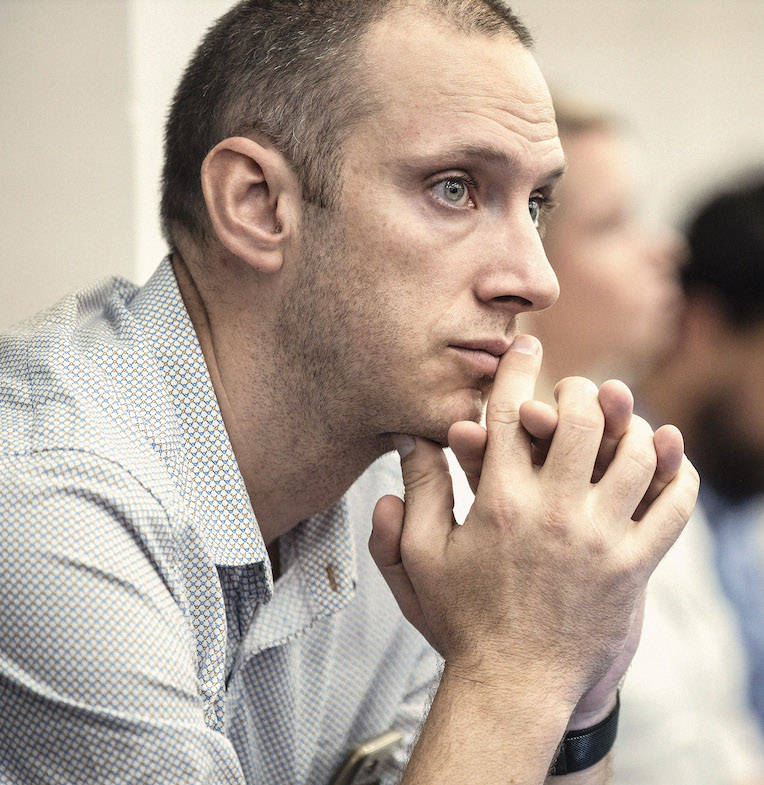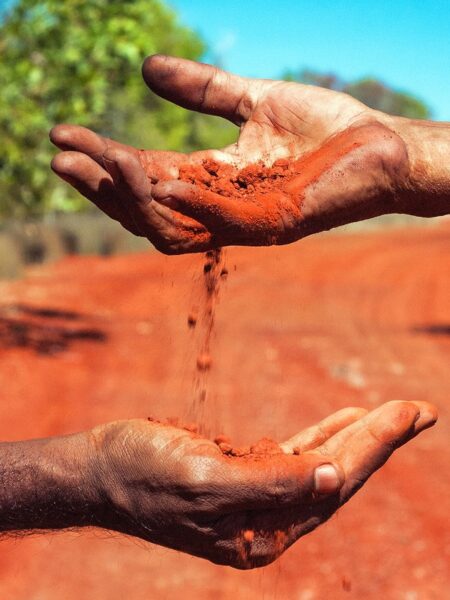While this is nominally a budget focused on the growing ‘cost of living pressures‘ that are the result of war in Ukraine, two years of global pandemic and myriad other volatilities, fundamentally it is an unashamed and unsubtle bribe aimed at keeping the Coalition in government for another term.
It prompted me to look back at what I wrote about the 2019 Budget (the first Morrison-Frydenberg budget) that preceded the 2019 ‘miracle’ election for Morrison and co. Sadly, I could copy and paste what I wrote three years ago without much of an update…
A ‘cost of living’ budget should – you would think – look to fundamentally address the structural issues that cause disproportionate cost of living issues for the most vulnerable communities in Australia. I say structural because they aren’t new, or solely the cause of current global ructures. Remote and regional communities have been grappling with exorbitant cost of living barriers – impacting fuel, fresh food, health care, access to adequate housing and so on and so on…
Take Closing the Gap for example, the 14+ year Strategy intended to close the decades-wide life expectancy and health outcomes gaps between First Nations peoples and their fellow non-Indigenous Australians, has nothing in this Budget. The cost of living for too many Aboriginal and Torres Strait Islander peoples can be measured by the lack of Government investment in the programs they say they are committed to.
As I said last year, when the original Closing the Gap Strategy was created back in 2008, $4.6 billion was committed by COAG (with Federal dollars) to deliver the Strategy, with $1.6 billion set aside for health investment alone. The current funding for the current National Closing the Gap Agreement would be less than a quarter of this in real money and when the largesse is being poured out for never built carparks and submarines, no additional funding could be found apparently.
A lot of the political and economic analysts are (again) talking about the ‘structural deficits’ that are baked in for decades to come. Since the Howard Government years, ‘structural deficit’ has become part of our national economic lexicon and it provides the perfect/tragic metaphor for investment in Aboriginal and Torres Strait Islander programs, services and solutions. There is always a deficit between what we know must be done and what our governments are willing to do… and it runs to the tune of billions. The bigger opportunity cost however is the lives cut short or made sicker (or in language that Ministers and economists will understand – less productive).
Before I go through what is glaringly missing from our election goodies budget, I should point out the ‘blink and you’ll miss it’ list of good things that the Government is providing funds for. You can find these on the Minister for Indigenous Australians, Noongar Man the Hon. Ken Wyatt’s budget media release or if you want to trawl your way through the tome that is Budget Paper 2 – I’ve saved you the trouble!




